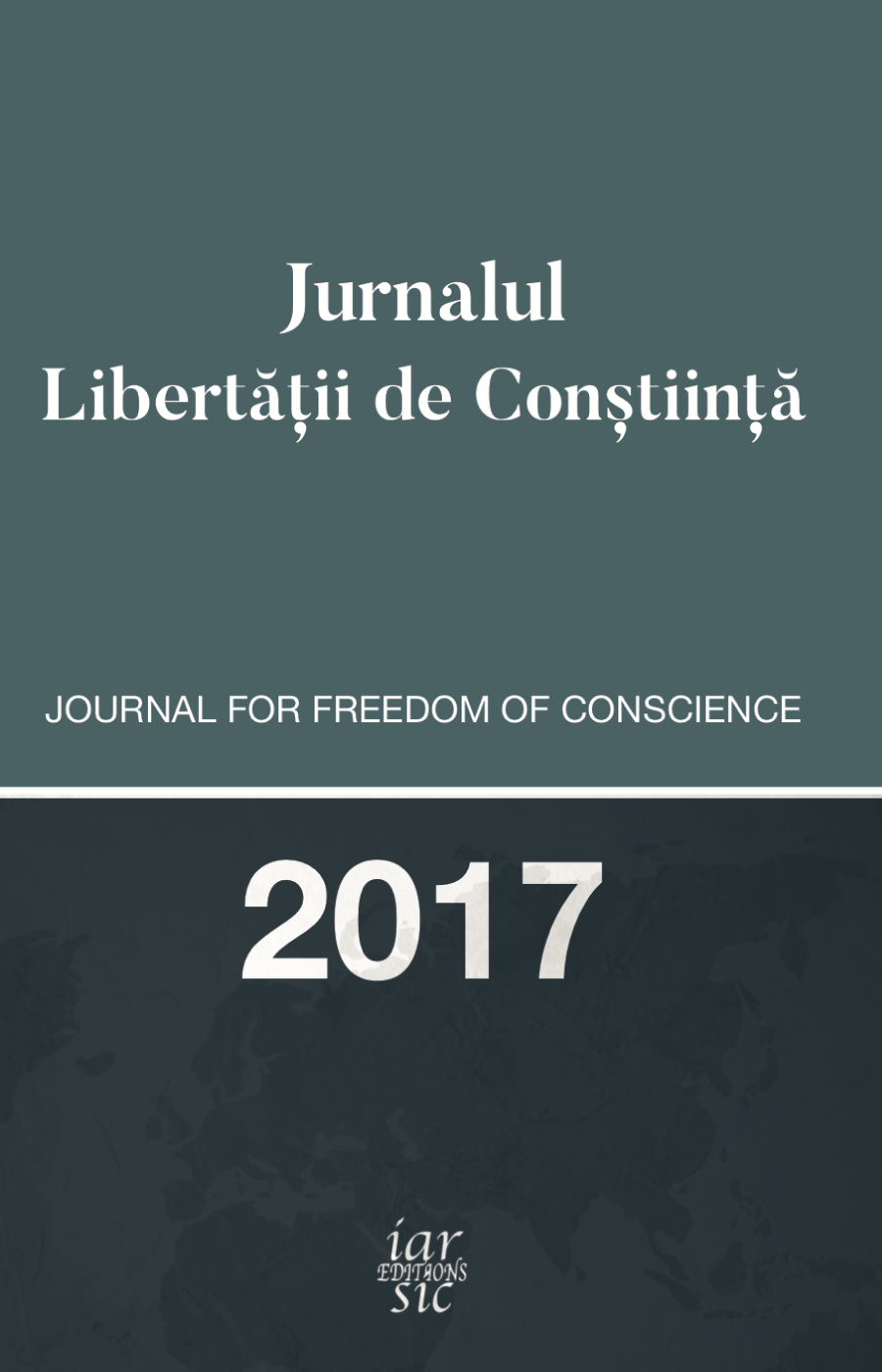CÂTEVA SCRIERI CU CARACTER DOGMATIC ŞI SIMBOLIC ÎN LITERATURA TEOLOGICĂ ROMÂNEASCĂ ÎN CONTEXTUL LIBERTĂȚII RELIGIOASE A SECOLULUI AL XVII-LEA
Writings with a Dogmatic and Symbolic Character in the Romanian Theological Literature in the 17th Century
Author(s): Dacian But-CăpuşanSubject(s): Christian Theology and Religion, Theology and Religion, Eastern Orthodoxy
Published by: Editions IARSIC
Keywords: Theological Literature; Reform; Transylvania; writings; printing; popular language; confessional identity;
Summary/Abstract: The Reform was a complex movement, the dominant event of the first half of the sixteenth century, with substantial implications, connections, consequences in multiple plans of culture and civilization. Lutheranism spread rapidly in Europe, even to the Saxons in Transylvania. On the other hand, the Calvinist teaching spread relatively quickly in Hungary and Transylvania, among Hungarians and Szeklers. An extraordinary way to propagate Protestantism was the printing that facilitated the spread of the Bible and many religious writings in popular language. The introduction of the Romanian language into cult and the religious literature, instead of the Slavic language, to the Romanians in Transylvania was propagated fiercely to the Lutherans and Reformed, as they were aiming to attract Romanians to Protestantism. Their work in this direction materialized in the printing of works such as: Catehismul românesc (luteran), Tâlcul Evangheliilor, Catehismul calvinesc, Scutul Catehismului. These were spread in all Romanian provinces and determined the Synods of Iaşi in 1642 and 1645 and the publication of dogmatic and symbolic books designed to support and strengthen the Orthodox faith: Carte românească de învăţătură, Şapte Taine ale Bisericii, Răspunsul împotriva Catehismului calvinesc, Mărturisirea Ortodoxă, Manual sau steaua Răsăritului strălucind în Occident which the present study analyzes. The Orthodox Church fulfilled for a long time, through illuminated scholars, hierarchs like Varlaam or Petru Movilă and lay faithful as Nicolae Milescu the role of instructor and religious moral guide of Romanian believers everywhere. The presented writings can be considered true Confessions of faith, of constant actuality and value.
Journal: Jurnalul Libertății de Conștiință
- Issue Year: 5/2017
- Issue No: 1
- Page Range: 428-451
- Page Count: 24
- Language: Romanian

